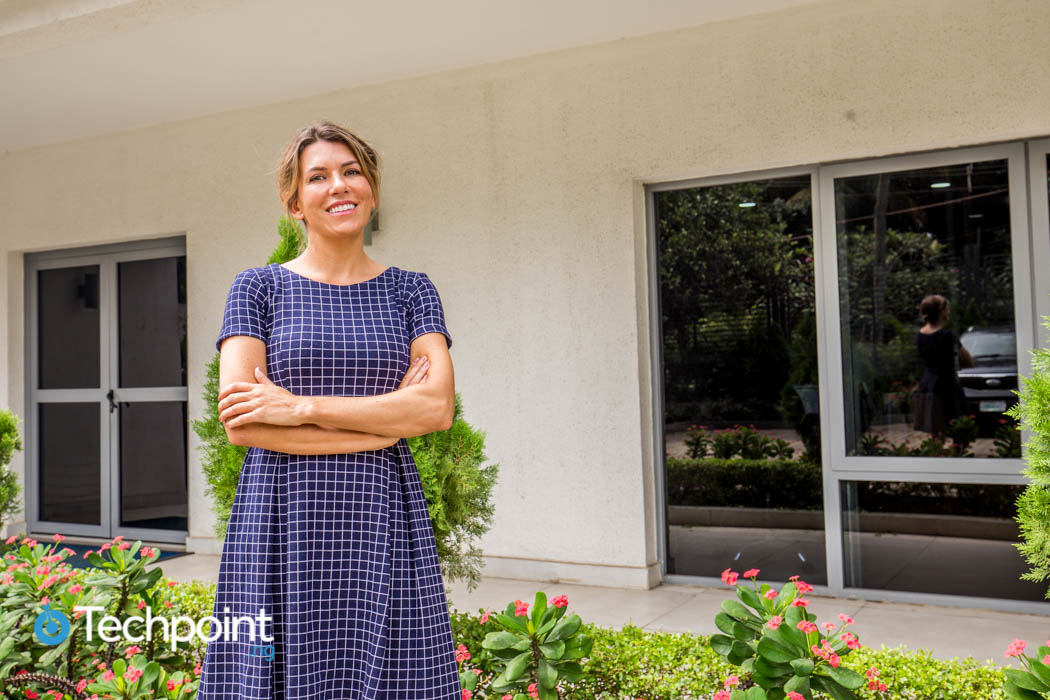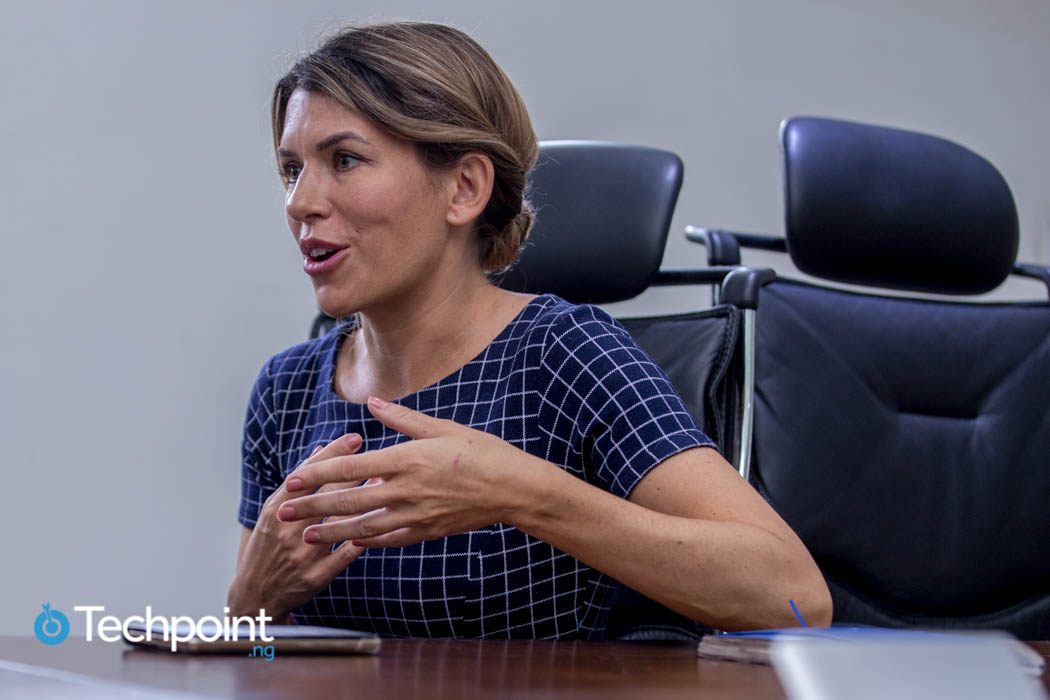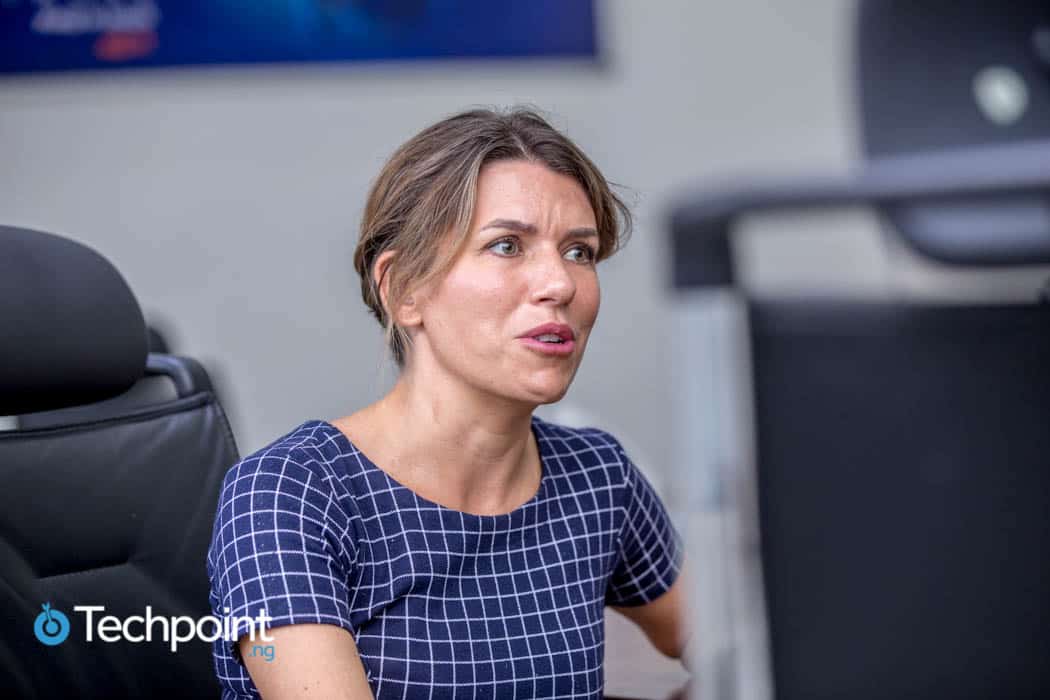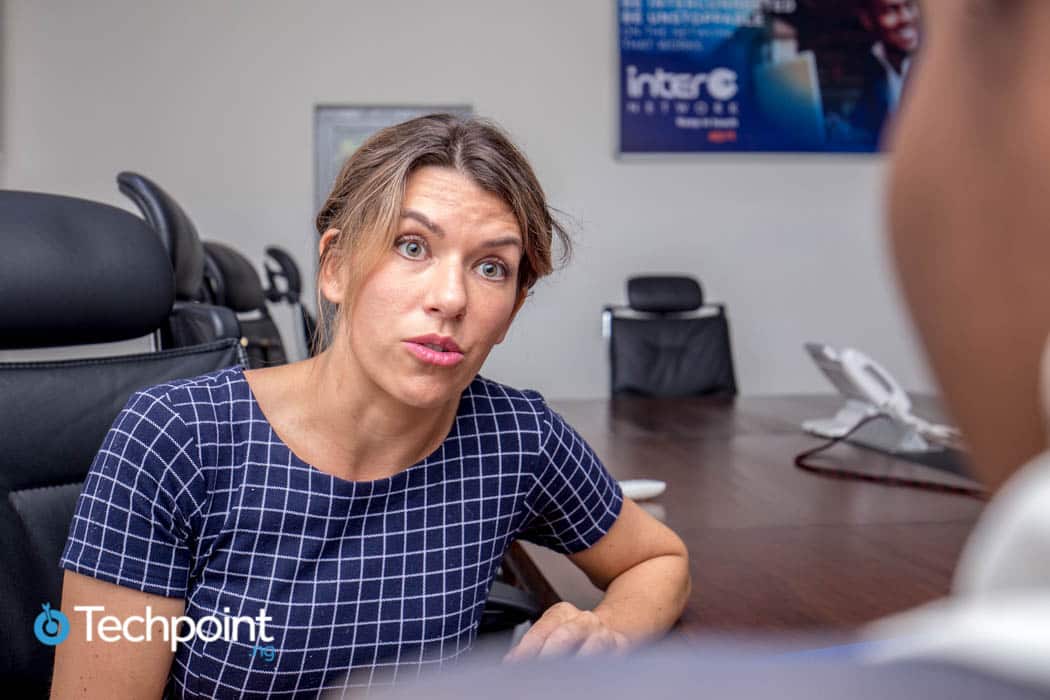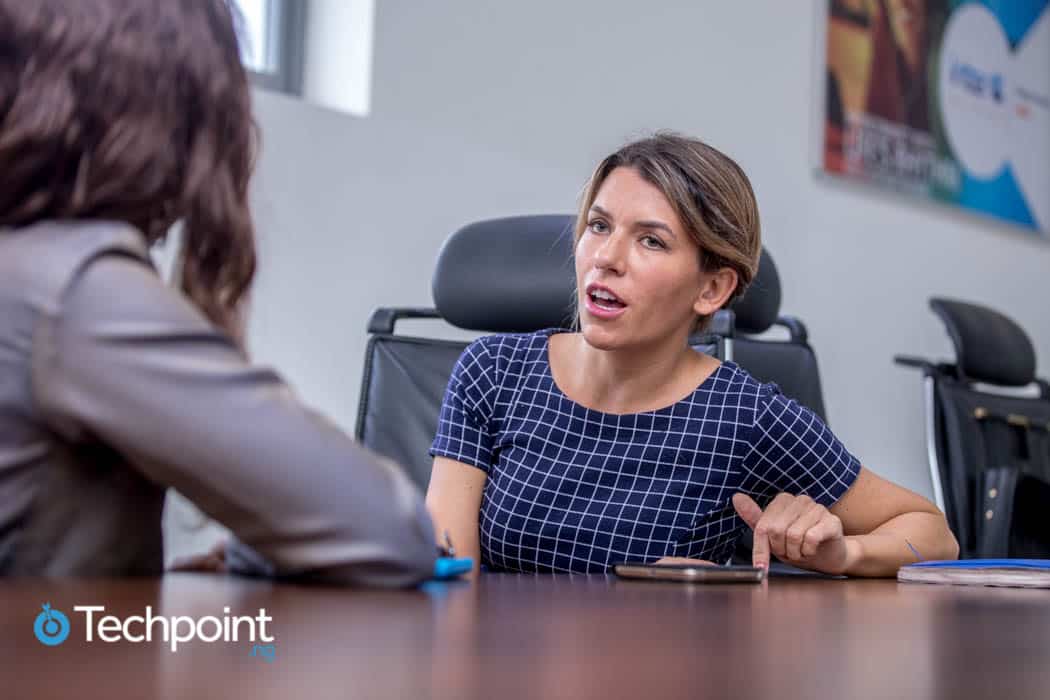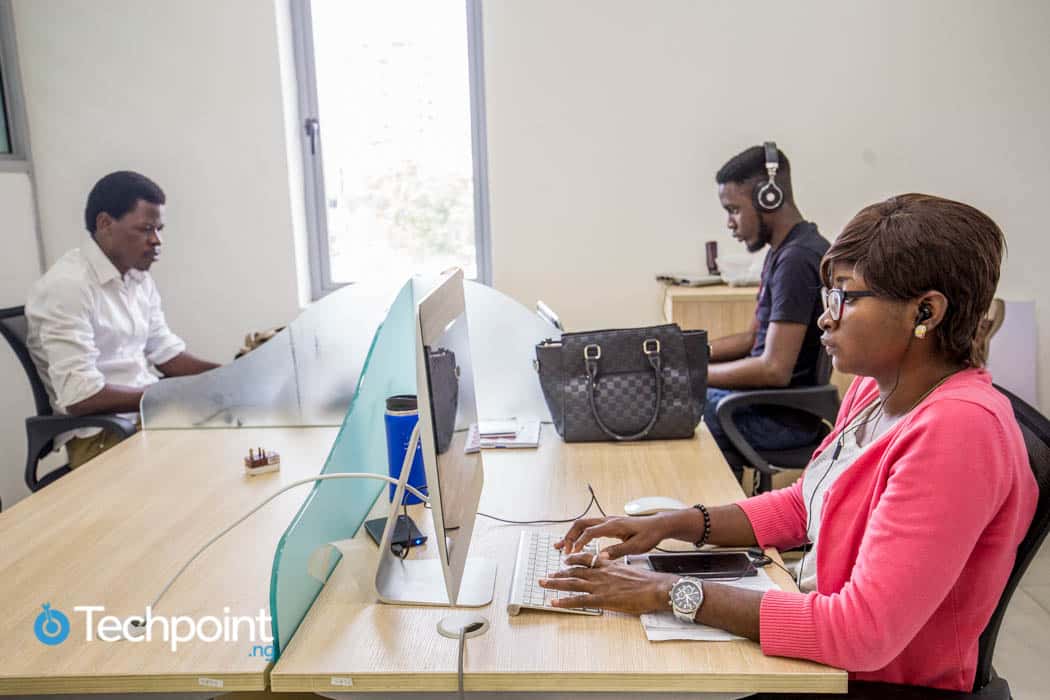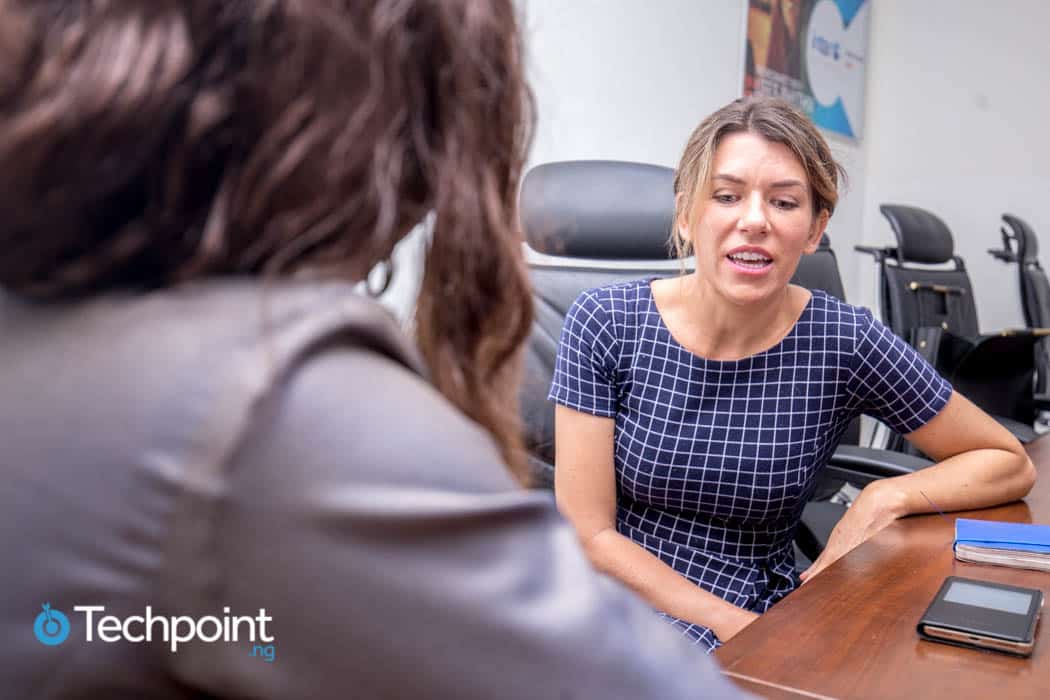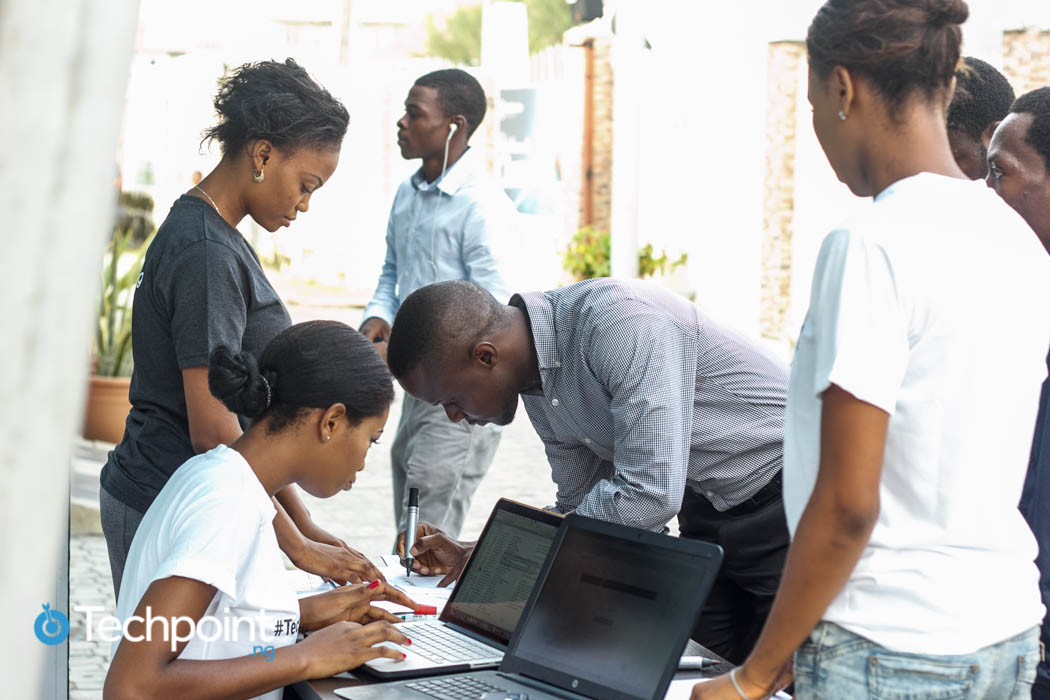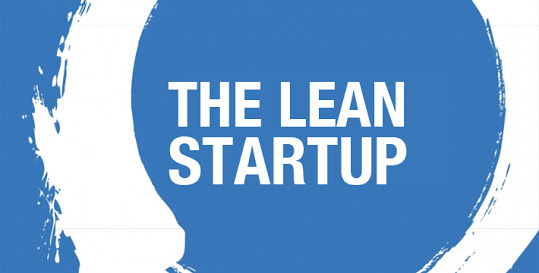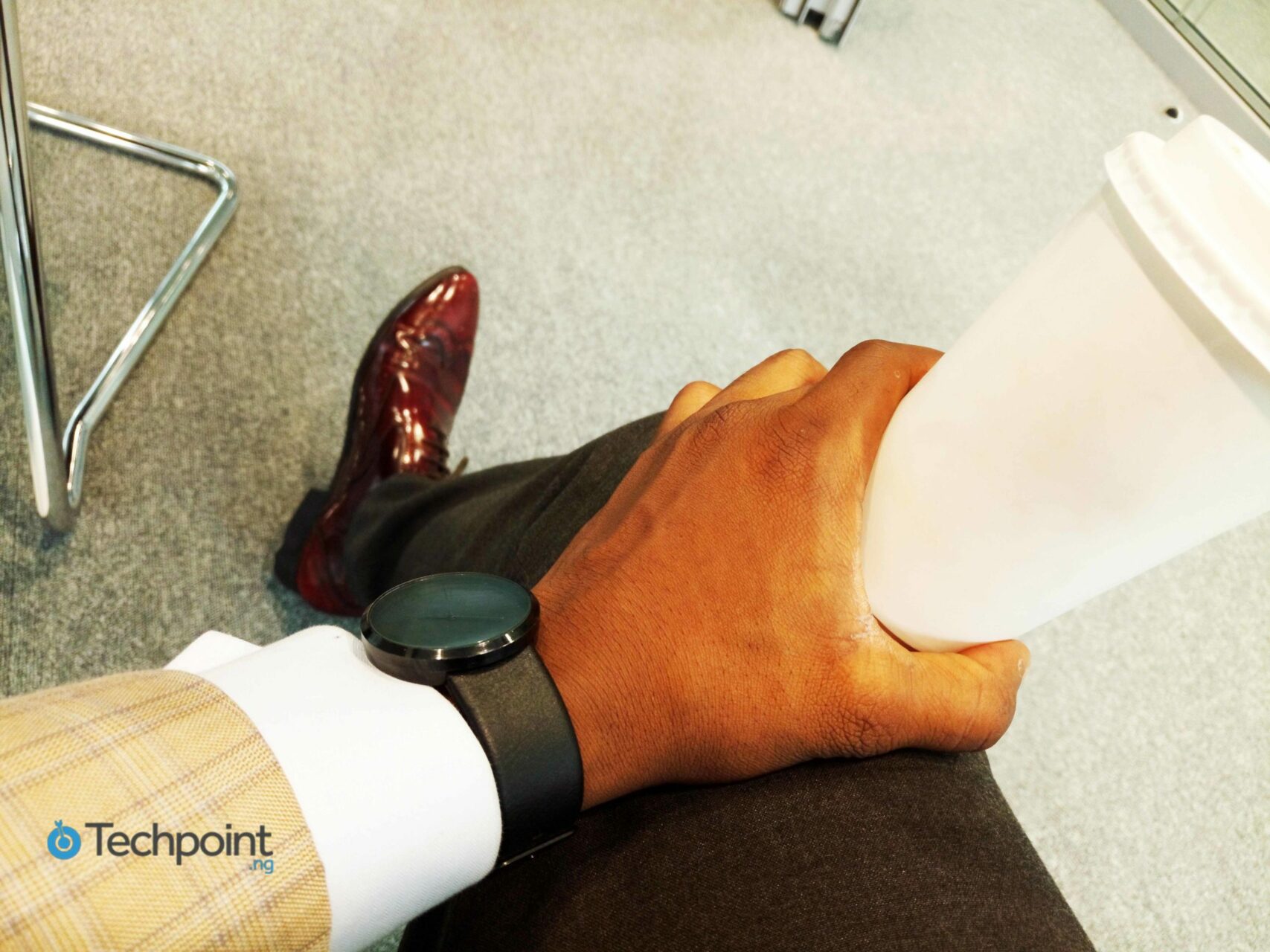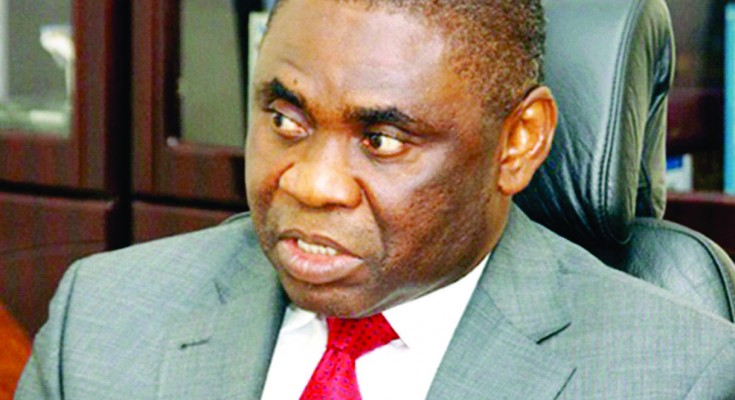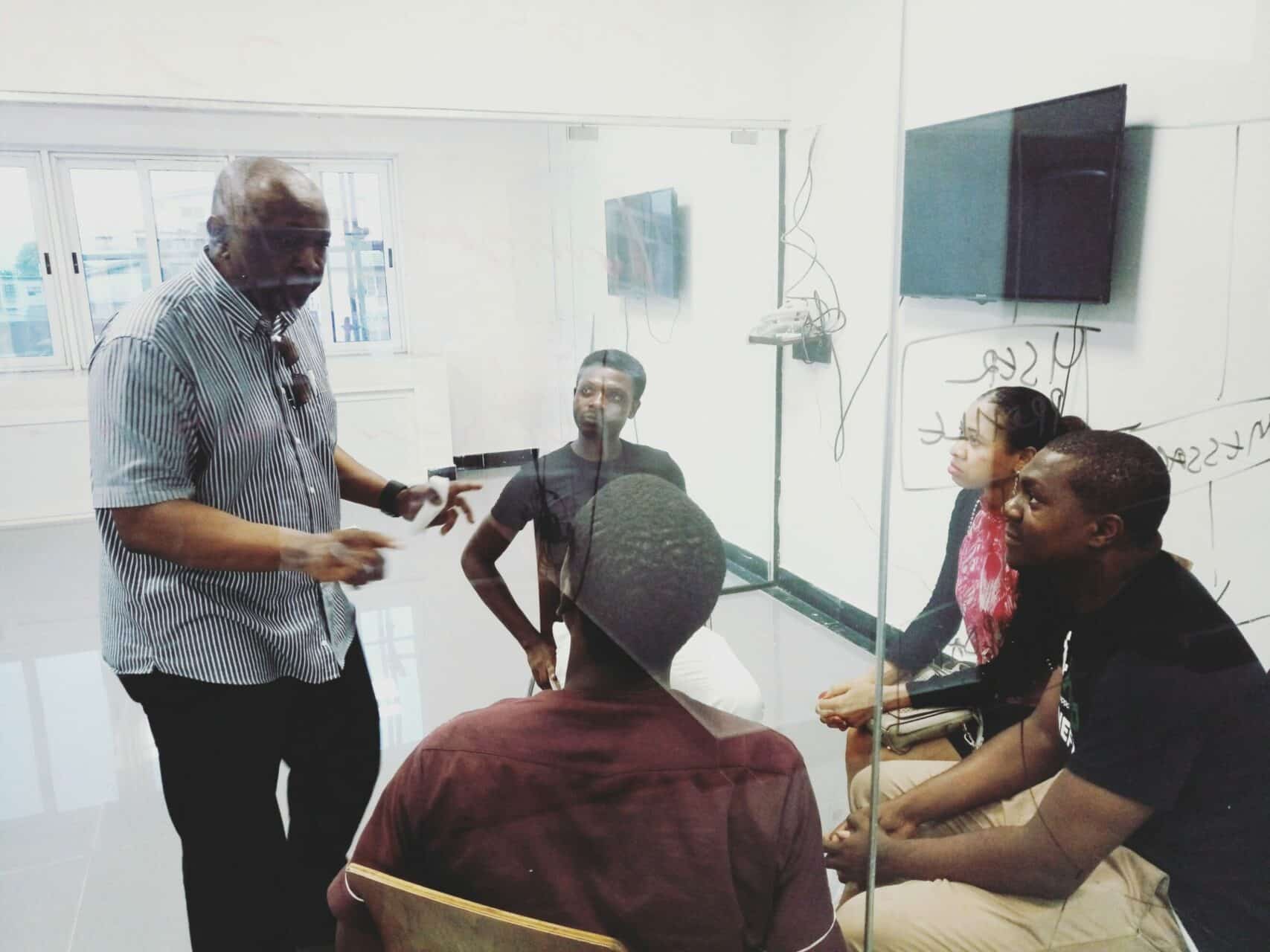In 2014, Lexi Novitske began her journey to seek and invest in early-stage tech-enabled businesses in Africa. To her, the then emerging African tech presented a lot of opportunities that she couldn’t just overlook. Moreover, it seemed ripe for capital investments.
She promoted this notion to a potential investor who agreed with her thesis. Both soon formed an alliance and Singularity Investments, a private capital-backed investment vehicle that invests in early-stage tech companies in Africa, was birthed. So far, Singularity Investments has invested in companies across payments, media, data insights and digital identity. Some of these companies are Slide Airtime, AsokoInsight, Paystack, and Flutterwave.
Lexi’s excitement about their operations in Nigeria and Africa at large is contagious. Although she downplays her expertise at developing businesses, I couldn’t resist a sit-down with her.
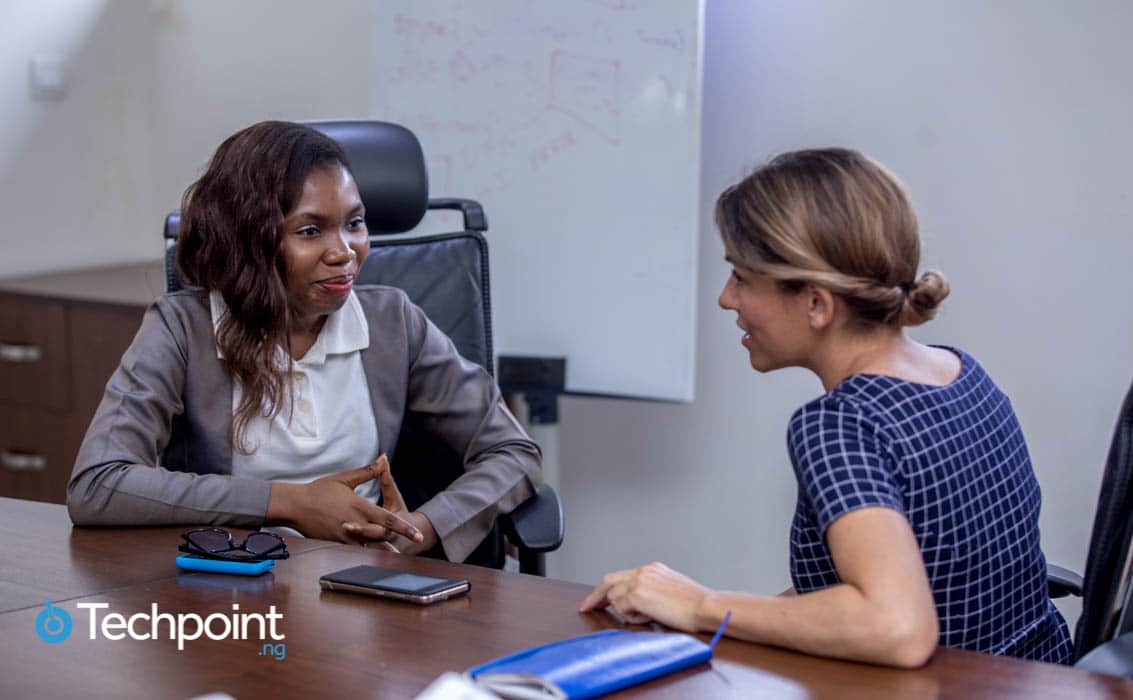
Grace Akinosun of Techpoint (GA): You came to Nigeria in 2011 and started Singularity Investments in 2014, what were you doing within those three years?
Lexi Novitske of Singularity Investments (LN): I originally came here to join a middle market equity firm called Verod Capital. I was working on the investment team and also helping them raise funds. I focused on middle market deals -- typical financial services, manufacturing. Although they had some tech investment companies in their portfolio, they weren’t doing tech investments at that time.
I really had some great experience learning from them. I mean, doing business in the Nigerian context is far different from what it is like in the US. I was opportune to work closely with their portfolio manager who taught me about doing business in Nigeria, negotiating, and of course, speaking the business language.
It was during this period I started developing my own thesis on what was then becoming a really early-stage technology scene in Nigeria and Africa. At that time, East Africa already had their own thesis and models and had launched impact-focused investing models that were working. But Nigeria was just beginning. I saw a couple of high-quality entrepreneurs starting businesses here, many of them returnees, and really had this thesis for investing locally on the continent.
I had developed a relationship with Issam Darwish, who is the founder of IHS Towers. I pitched my thesis to him and he left the door open for me to bring him deals. After a period of time, he suggested we form an alliance. That was the beginning of Singularity Investments.
GA: Tell us about your investment process

Be the smartest in the room
Give it a try, you can unsubscribe anytime. Privacy Policy.
LN: We have specific kinds of companies we generally try to invest in. Our thesis has evolved over the past three years and we are getting much smarter about the way we approach deals, with a focus on what we really understand about the market.
Actually, deal sourcing is incredibly easy in this market. There are not very many investment players, and a lot of companies need capital. So, if you are one of the well-known investment firms, a lot of deals come to you. I would say the best quality deals usually come to us either through other investors that could be local or international or other entrepreneurs that we’ve either invested in or supported in the past.
GA: Does that mean entrepreneurs can’t reach out to you directly?
LN: Oh they do all the time. My cell phone number is listed on the website. I like being accessible and we have an email address on the website. However, I don’t like to be contacted via WhatsApp. LinkedIn is a great avenue. Even Twitter is fine.
When we get pitches, I like to be able to make a quick decision on whether they are relevant to our thesis and investment stage. Hopefully, I can get that information from a pitch deck and give the entrepreneur a very quick answer -- “yes, we’d like more info”, or “no, this isn’t for us”. What happens is that entrepreneurs don’t really understand that when we say “no”, it’s not because the company isn’t investible or we don’t like the idea, it’s just because they don’t meet our criteria for investment.
For the ones we accept, we develop a relationship with the entrepreneur and meet them. After putting their business through a screening -- by utilising some quantitative metrics to see whether the business is really investible -- we forward the investment memo to our investment committee. At this stage, it’s up to them to either approve the deal or not.
Bear in mind that for every deal we close, we allocate a follow-on capital. This, we mostly do for companies that have shown appreciable metrics.
GA: You said some criteria inform your selection. What are they?
LN: First of all, based on our thesis, we like companies that are building platforms or services for the digital marketplace. It could be payment infrastructure, data insight, digital identity. It’s that simple. Underneath those, we like capital-like business models. We tend to stay away from hardware.
For enterprise models, we appreciate those focused on the growth end users. For example, an enterprise model that will just be based on a contract to the World Bank isn’t as attractive as one based on a contract for every user that’s growing off of that base platform. We like post-revenue business models typically, although we’ve done some little pre-revenue depending on the business model and what partnerships they have in place. They must show some sort of traction for sure.
We usually come late at Series A. That’s where we participate so anything that’s earlier -- which is pretty typical -- or later than that, or where the valuation is much higher isn’t really our sweet spot to participate.
We don’t like local-only business models. We prefer something that has the potential to scale across the continent and hopefully other markets as well.
GA: Why don’t you focus on hardware?
LN: I wouldn’t say we don’t focus on hardware. We have a hard-tech company in our portfolio. But the thing is we believe in building the platforms that need to come first before everything else can work well.
eCommerce is a great example of this. You see, it’s a huge market potential, and someday, it will do very well. But currently, there are so many things that aren’t in place for it to function easily and efficiency. They include infrastructure, payment platforms, trust, and digital literacy. All of which are prerequisites for eCommerce to function efficiently in this market.
These are the things we'd like to invest around rather than focusing on eCommerce. Although at some point, it will be relevant to this market, we generally believe that it’s too early.
GA: Would you say your decision to focus on the African market has been worth it?
LN: Absolutely, but it hasn’t been easy. We are still learning but the point is that the market is currently in a major transition.
First, there are improvements in talent, local hubs, accelerators, coding schools, a lot of returnees who have experience in global perspective and larger companies like Interswitch that produce talents.
Secondly, we now have a model that works globally -- the lean startup model -- which makes it much easier and efficient to start a business on little capital. And that’s important in this environment where there’s not enough access to capital, especially at the early stage.
The third aspect is the global connection. Broadband speeds are now increasing, infrastructure is getting better though it’s not free yet (chuckles) and payments are improving. Therefore, local entrepreneurs here aren’t just confined to their own environment, they can work in other markets and they can even sell products and services to the US or wherever; it’s a global world.
I believe these three aspects are really driving a massive transition in the market and not to mention, there’s more capital coming in; that’s obviously helping. So I’d definitely say the whole focus on Africa is huge opportunity. There are still a lot of problems here that need to be fixed but those are opportunities in themselves.
GA: What’s your greatest challenge in this market?
LN: I’d take it from two perspectives. My greatest personal challenge has been understanding the end consumer. I’m obviously an outsider. Although I’ve been here for about 6 years, there are still so many aspects that I don’t really understand. I’m very curious about behaviour economy in the local environment. And that’s an interesting problem for me.
I will say the biggest problem has been a couple of things. First, is timing; understanding whether it’s the right time for us to make the investments we think are interesting. And considering our existing investments, the second is finding the middle-level management talent to help those businesses scale up. In Nigeria especially, there’s this great entrepreneurial culture. But unfortunately, everyone who has strong skills to build a business is starting the wrong business. As a result, there’s a lack of talents that can really help these companies scale across borders and become big. That’s a major obstacle.
GA: What are African startups getting wrong?
LN: A lot of entrepreneurs starting businesses here don’t necessarily have a global perspective. So, they don’t really understand how a lot of business models that they try to replicate have worked in global markets. I’d like to see more creative business models rather than just replicating old ones.
What I’m saying is there are so many people that see a large business in this market and decide, “I’m going to do the same thing but for Africa”. But, it doesn’t really work that way because as I mentioned before, the culture and behaviour of the Nigerian market are extremely unique. And a lot of these global companies have a ridiculous amount of capital, that you do not necessarily have, to drive that growth.
And considering that there are many problems out there, as an investor, I’d rather invest in a creative solution that can really tackle them than a replication of an existing business.
GA: Asides funding, what other things do you give to startups?
LN: Generally, we only invest in mature founders that can drive their own operational growth for their business. We don’t get hands-on with operations. But we certainly help with long-term strategy, access to follow-on capital and other investors in our network that can really help scale businesses. We also give workspaces.
However, in no way do we try to control entrepreneurs. We really want them to make their own decisions. They know what’s best for their company.
GA: Your advice to startup founders?
LN: If you are considering starting a business, I will say first learn from other people. Go and work in a company, or for another founder that’s really strong. I also think going to learn what’s happening in Silicon Valley is super helpful for young founders.
You will be able to build relationships and gain better perspectives because a lot of big founders are still based in the Valley. And that’s the reality. Learning there will definitely help you build a better business, have a better perspective and build relationships.

